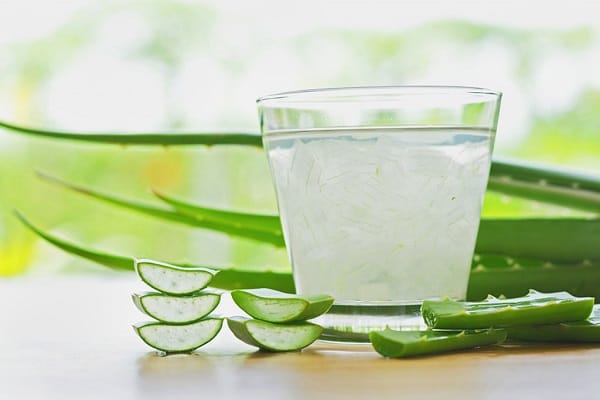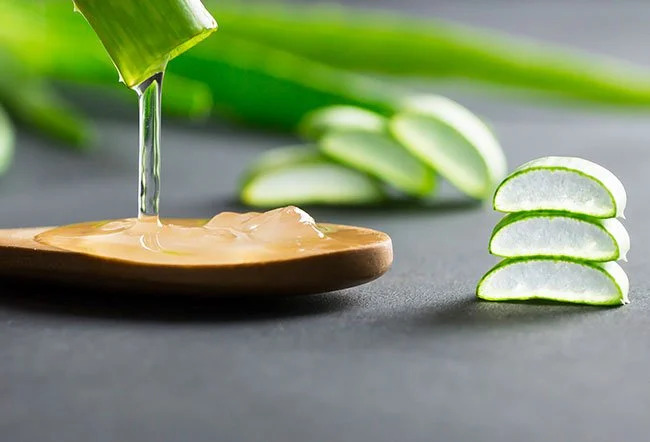Precautions and warnings before using Funnel
Funnel interaction with Drugs
Interaction of a substance generally refers to a potential risk that could develop inside the human body when two or more drugs, products, or medical conditions, interact with one another in a negative manner that could result in certain unwanted health conditions.

Natural products such as funnel are generally considered safe when taken in food amounts but might be harmful when consumed as a medicine amount like supplements. If an individual is medicating with certain medical drugs to treat any condition, there might be a possibility of interaction between those drugs and funnel. This could cause complications in the condition that is to be treated or could result in new unwanted conditions. Such interacting medical drugs include:
- Antiplatelet/Anticoagulant drugs– Intake of funnel along with drugs that resist blood clotting could increase the risk of bruising and bleeding. Drugs that decreases blood clotting includes clopidogrel (Plavix), enoxaparin (Lovenox), warfarin (Coumadin), aspirin, dalteparin (Fragmin), heparin, ticlopidine (Ticlid), and several others.
- Contraceptive drugs– Drugs such as birth control pills contain estrogen. Consuming large amounts of fennel might change the estrogen level in the body. Therefore, interactions between funnel and contraceptive drugs might result in decreased effectiveness of birth control pills.
- Estrogen– Fennel has potency to change estrogen level. Consuming funnel along with estrogen might decrease its effect in the body.
- Medicine changed by liver– Some medicines are modulated and broken down by liver in order to work specifically. Fennel might change the working of those medicines and could create unwanted conditions or side effects.
- Ciprofloxacin– Ciprofloxacin is an antibiotic medicine. Consuming fennel might decrease its absorption rate or amount in the body. This decreases the effectiveness of this antibiotic when taken along with funnel, resulting in conditions to be untreated.
Precautions and warnings before using Funnel
Although being a natural herb that is used for a number of medical and food applications, there are certain medical conditions in a human body in which intake of funnel must be limited or avoided in order to prevent complications. Interference of this herb could result in worsening of certain medical conditions or might cause other unwanted conditions. Such medical conditions includes:
- Pregnancy- Funnel is generally considered unsafe during pregnancy. Regular consumption of funnel has been linked to preterm birth. It is recommended to avoid funnel during pregnancy.
- Breastfeeding- Funnel is generally considered unsafe during pregnancy. According to some reports, infants got their nervous system damaged when feede by mothers who were exposed to herbal tea containing funnel.
- Allergy- Funnel is unsafe and may cause al;lergic reactions in people who are allergic to certain plants such as carrot, ellery, or mugwort.
- Bleeding disorder- Intake of funnel resists the blood clotting which increases the risk of bruising and bleeding especially in people who are already diagnosed with bleeding disorder.
Side effects of using Funnel

Interaction of funnel with several medical drugs and no precautionary actions against several medical conditions might cause certain unusual or allergic side effects and condition in a human body that includes:
- tightness in chest/throat
- nausea
- hives
- skin itching or swollen
- sun sensitivity
- difficulty in breathing
- easy bleeding/bruising
- birth disorder
- nervous system damage in breastfeeding child
- chest pain
- vomiting
- rashes
- mild increase in menstrual flow
- seizures
There could be more side effects not mentioned in the above list. An individual must make sure to consume funnel with proper precaution and avoid interaction in order to prevent side effects. However if side effects are observed, it is advisable to contact a doctor or get immediate medical attention as soon as possible if necessary.
REFERENCES:
- https://www.rxlist.com/fennel/supplements.htm
- https://www.britannica.com/plant/fennel
- https://www.webmd.com/vitamins/ai/ingredientmono-311/fennel
- https://www.sciencedirect.com/topics/agricultural-and-biological-sciences/fennel
- https://www.medicalnewstoday.com/articles/284096#benefits
- https://www.healthline.com/nutrition/fennel-and-fennel-seed-benefits#1.-Highly-nutritious
- https://www.mdpi.com/2079-6382/11/2/278/htm
- https://shelgotea.co.uk/fennel/
For more details, kindly visit below.


